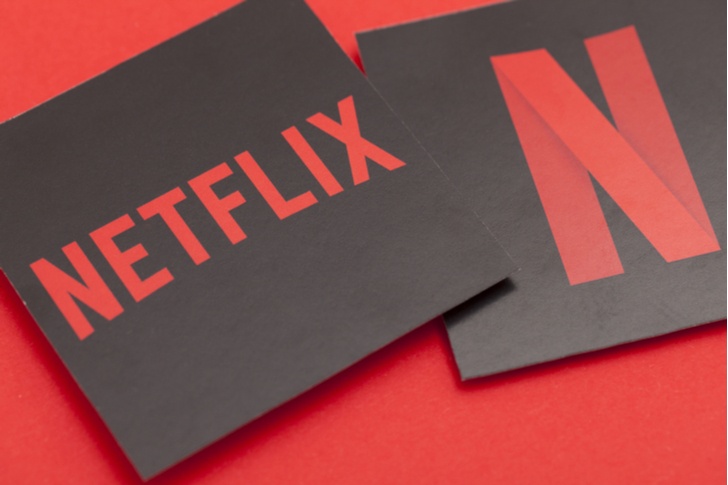Streaming giant Netflix (NASDAQ:NFLX) entered 2018 as the poster child for big-growth tech stocks. Netflix stock maintained that standing for a good part of the year, and at one point in early July, Netflix was up 120% year-to-date.
But, things have since reversed course for this red-hot stock.
Since peaking in early July, Netflix has dropped more than 20% in just over a month. The catalyst was a subscriber and revenue miss in the company’s second quarter earnings report.
Netflix has remained weak ever since thanks to deteriorating sentiment both at Netflix and across the board at all red-hot tech companies.
When it comes to Netflix, everyone seems to be worried about three things: valuation, competition, and saturation. The stock trades at a triple-digit forward earnings multiple, so the valuation is rich.
Disney (NYSE:DIS) is gearing up for a big streaming launch in 2019, so competition is rising. And, Netflix is in already more than half of all U.S. households, so saturation is becoming a challenge.
But, no one seems to be talking about one risk that could actually really hurt Netflix: password sharing.
Password Sharing Is Huge, and Only Growing
CNBC ran an article recently that detailed just how big password sharing is
, and how much bigger it could become given current trends. Here are the important numbers:
- 35% of millennials share passwords, versus 19% for Generation X and 13% for Baby Boomers.
- 42% of post-millennials (the 21 and younger cohort) share passwords.
What is the interpretation of those numbers?
There are a few implications. For starter’s, password sharing is a big problem. A 35% share rate among millennials, one of Netflix’s biggest crowds, is a problem. That means the Netflix platform has a whole bunch of freeloaders, and that the streaming giant is missing out on a bunch of money.
Worse yet, the password sharing problem will only get bigger, because post-millennials share passwords at a 40%-plus rate.It is safe to say that not having to pay to watch Netflix is part of the culture of Netflix viewing for younger consumers.
Over time, these younger consumers will age, and Baby Boomers who don’t share their passwords will die off. Thus, Netflix will be essentially replacing non-password sharing members with password sharing members. That could have materially adverse effects on user growth.
Overall, password sharing is a big problem for Netflix, and it is only getting bigger. This a headwind which Netflix stock does not appear priced for at current levels.
Netflix Stock Isn’t Priced for Password Sharing
It seems that a consensus belief among Netflix bulls is that this company will able to achieve 80%-plus penetration among U.S. internet households, implying somewhere in the ballpark of 80 to 90 million U.S. subscribers.
But that consensus is challenged by password sharing.
If you take a blended average of the above sharing rates between Baby Boomers, Generation X, and millennials, the password share rate in the U.S. is roughly 22%. There are around 110 million internet households in the U.S. If 22% of those households password share, then that means roughly 24 million households password share.
Assuming they share with one other household each, that cuts Netflix’s addressable market in the United States down to 86 million, from 110 million.
All the sudden, it looks as if Netflix, which currently has nearly 60 million U.S. subs, is nearing U.S. market saturation.
Now, let’s fast forward to when post-millennials enter the consumer equation and Baby Boomers leave the consumer equation. Now, the blended average password share rate is 32%. Following the same logic as above, that puts Netflix’s addressable market in the U.S. at just 75 million.
This math can be done globally, too. But, the whole point is that because of the still growing password sharing problem, Netflix’s addressable market isn’t as big as you may originally think. That is bad news for Netflix stock, which trades at a triple-digit forward earnings multiple on the idea that the company is marching towards world domination.
Bottom Line on Netflix Stock
When it comes to Netflix, there are a ton of risks, and those plethora of risks are why it is my least favorite name in the FANG group.
That being said, I think this company still has a lot of firepower left to grow a bunch more over the next several years, and that Netflix stock will head higher in a multi-year window. Long-term investors should simply be aware of the company’s risks, and adjust allocation accordingly.
As of this writing, Luke Lango did not hold a position in any of the aforementioned securities.

